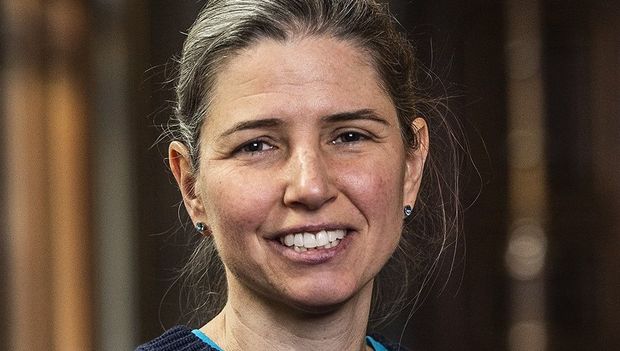Economics Research Seminar
Julie Chytilová (Charles University Prague)

Religious Leaders, Pro-sociality and Clusters of (In)Tolerance
Abstract: In this paper, we test the idea that religious leaders play a central role in shaping pro-sociality and religious (in)tolerance within their churches. Using controlled allocation tasks, we directly elicit in-group-out-group biases among pastors (N=200) and members of their churches (N=800) in Kenya. We first document remarkable heterogeneity in preferences across religious leaders, with one type of leaders being tolerant and the second type severely discriminating against Muslims and non-religious individuals. Next, we show that preferences of pastors are robustly positively related to the preferences of church members, which gives rise to two prototypical types of church communities, tolerant and parochial ones. In line with recent cultural transmission models, several findings support the interpretation that religious leaders directly influence pro-sociality of their followers: (i) both tolerant and parochial leaders aim to instill their preferences in church members, (ii) church members follow behavior in an experiment that exogenously provides information about leaders’ behavior, and (iii) the preference link is stronger for members with greater exposure to their religious leader. Together, our findings suggest that differences in preferences of religious leaders spillover and create distinct social groups with contrasting moral views how to treat out-group members.
Event

Institut für Volkswirtschaftslehre
 Zur JKU Startseite
Zur JKU Startseite









